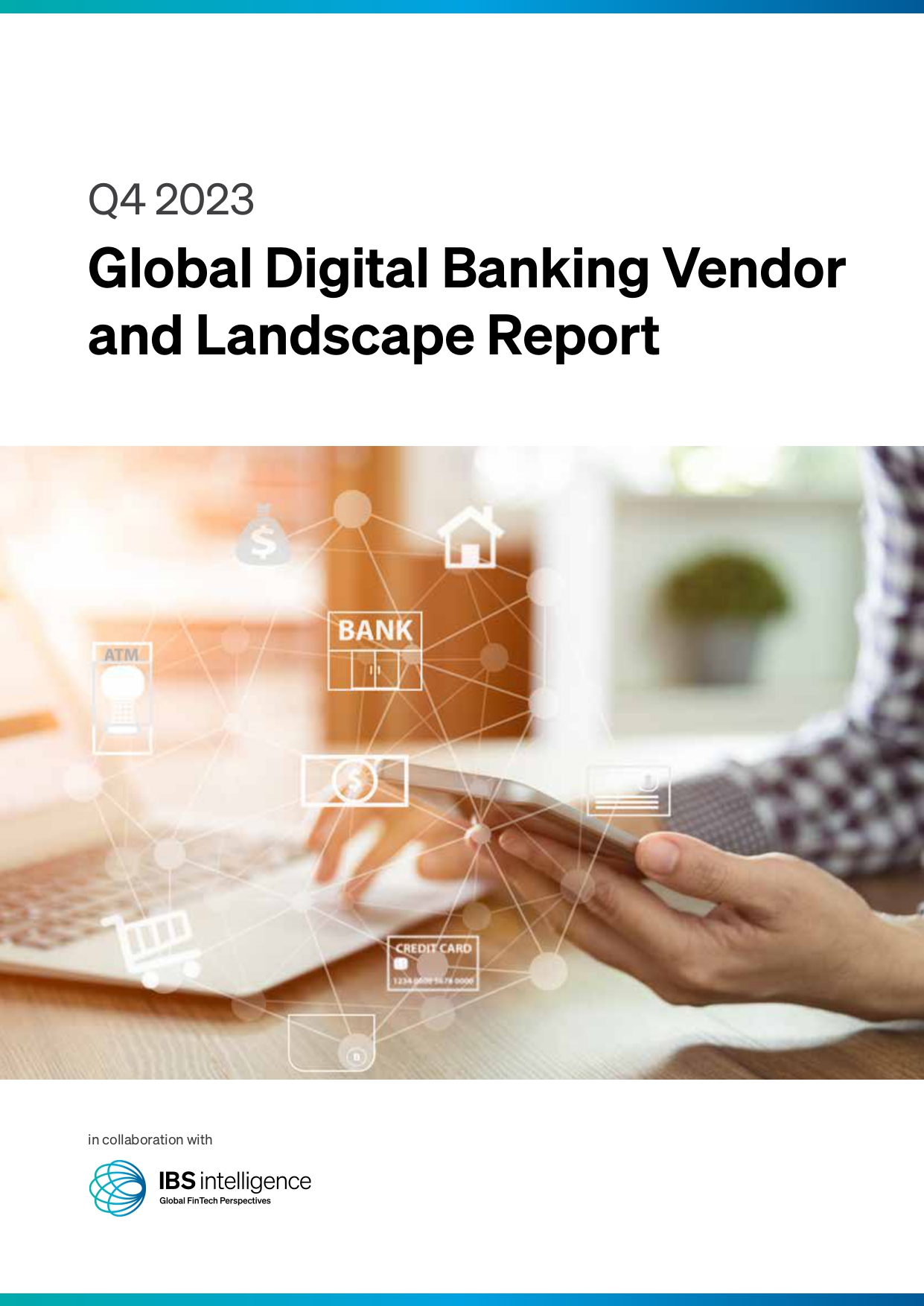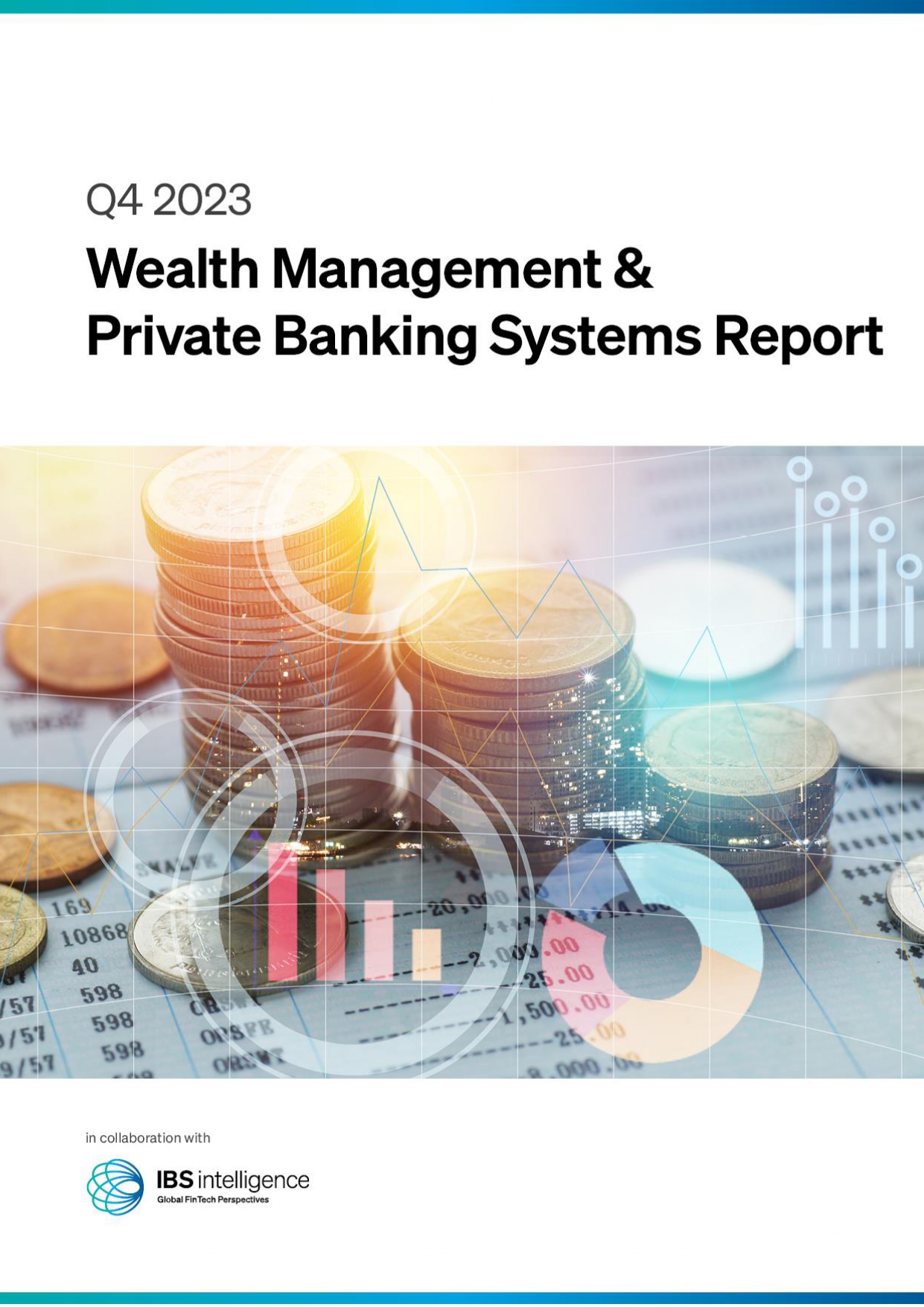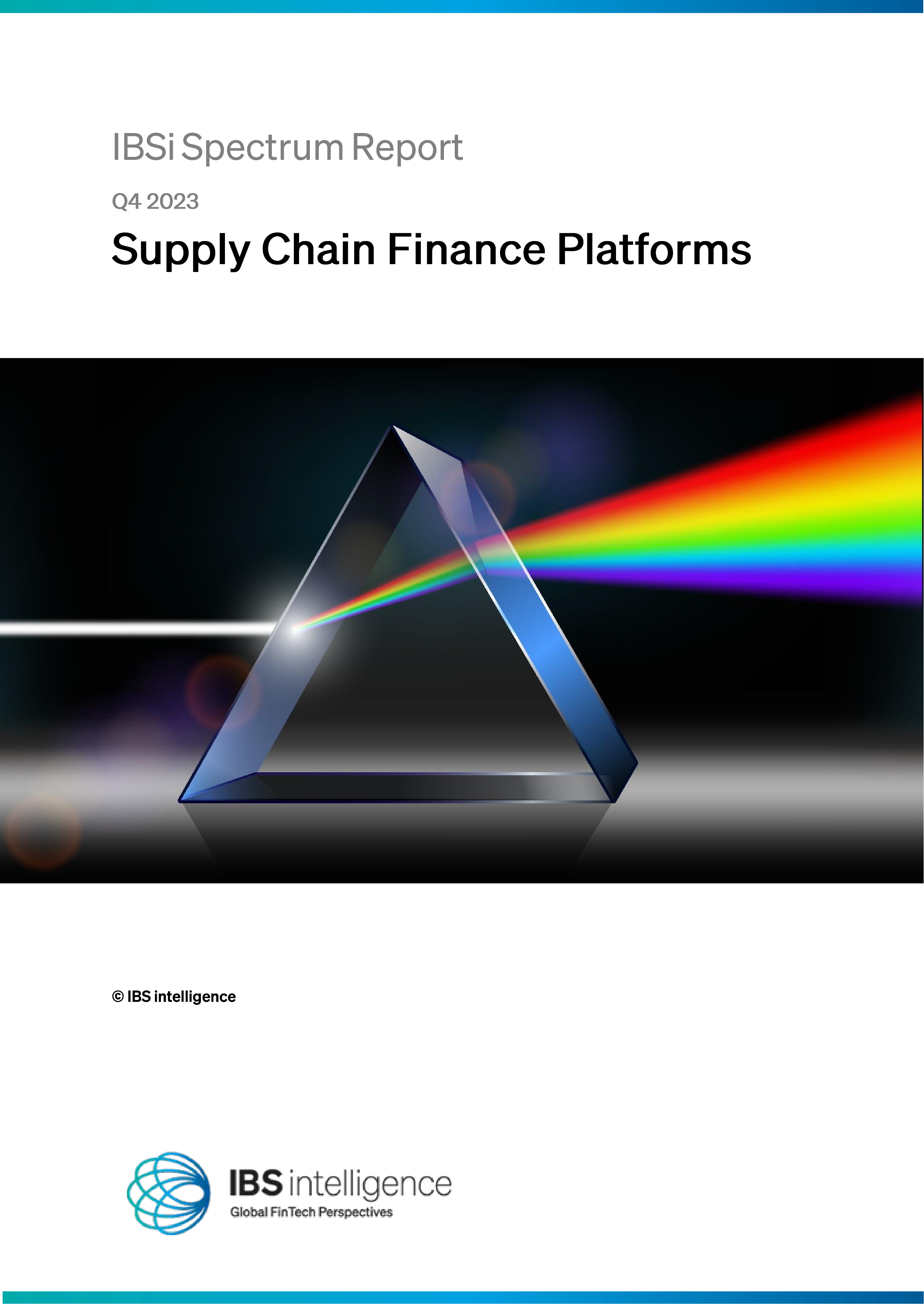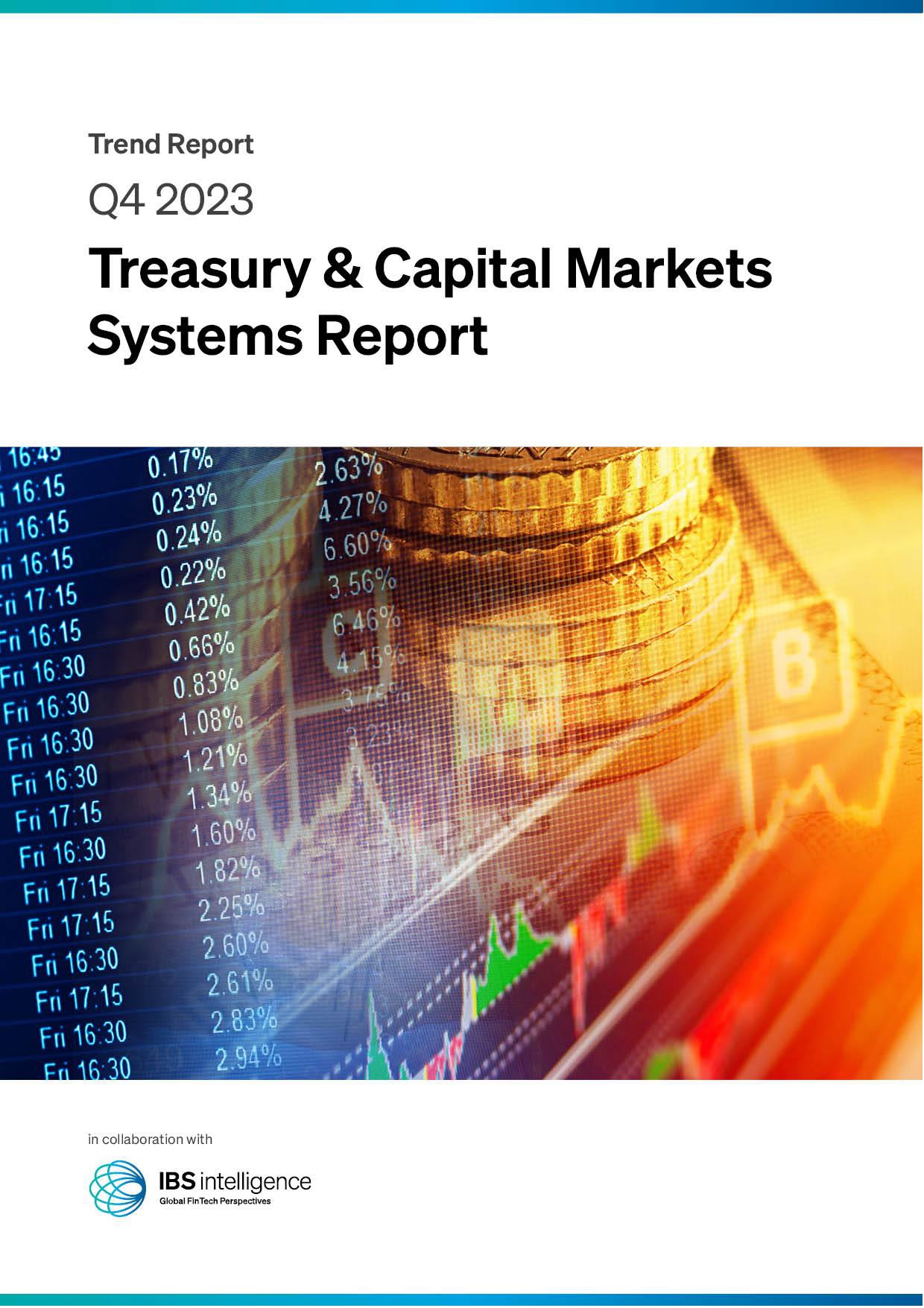 Back
Back
The Deep dive: Impact of inflation on banks and credit unions
By Puja Sharma

The deep dive’ is our bi-weekly exploration of a relevant topic, hot trend, or new product. For Prime subscribers only.
How does it work?
Market pressures are hurting banks, credit unions, and consumers’ cash flow; cybersecurity and employee retention are shared priorities for both industries.
Wipfli LLP (Wipfli), published the results of two industry surveys from the banking and credit union sectors that share insights into their current market challenges and long-term growth strategies. After record years of M&A activity in banking, 2023 witnessed a significant slowdown. Going into 2024, 78% of surveyed banks are still looking to buy, a drop from 91% during the same period last year. Overall, the banking industry’s M&A fervor and growth projections have cooled, but banks in the $1 billion of assets range may look to grow through acquisition this year. Credit unions are heavily leaning on technology to maintain their market lead.
Persistent inflation and continuing rate hikes have diminished consumer core deposits and savings, and liquidity has tightened. These factors and others have contributed to less bullish predictions from both surveyed financial institutions and credit unions in the 2024 State of banking industry report and the 2024 State of credit unions report.
Who is under the radar?
Going into 2024, 78% of surveyed banks are still looking to buy, a drop from 91% during the same period last year.
“The top message for banks to take away from this report is that the time for sitting in the wings and watching others lead the innovation charge is over,” said Anna Kooi, national financial services leader for Wipfli. “Delivering better digital experiences to customers, solving the talent pipeline drought, transforming digitally, adopting AI, and keeping out cybercriminals. All of these are critical for banks hoping to survive and prosper in 2024.”
A shared concern for both banks and credit unions is an increased emphasis on cybersecurity measures. Cybersecurity is foundational to building trust with customers, especially with digital banking services. Alarmingly, 35% of surveyed banks reported three or more incidents of unauthorized access this past year. Constantly evolving tactics and cyberattacks mean the issue is never completely solved. On the flipside, credit unions have traditionally been able to opt for less stringent cybersecurity measures due to less oversight from regulators. Still, credit unions are nearly as concerned about cybersecurity as banks are.
Why does it matter now?
A shared concern for both industries is talent management, with credit unions listing it as their top worry. Traditional avenues for both banks and credit unions to attract talent, i.e., increased wages and benefits, are no longer available as liquidity tightens. Both banks and credit unions are starting to look more toward workplace culture shifts to address talent issues; regional banks are leading the charge in offering leadership training, career development, and DEI strategies. Credit unions, in particular, are facing a pivotal moment as traditional banking institutions intensify their efforts to expand service offerings and technological prowess.
“Liquidity is tightening and so are core deposits,” added Kooi. “Add inflation to that you get nervous, cautious credit unions. Oftentimes, that cautiousness can lead to inertia, but it’s going to take decisive and strong actions for them to thrive. The two biggest areas for opportunities are unbanked/underbanked households and open banking. If credit unions are strategic and aggressive in those arenas, it will help them expand their market.”
Finally, credit unions are keen on keeping their technologies on the cutting edge to differentiate themselves from larger, more traditional financial institutions. Accepting instant payments, implementing artificial intelligence and data analysis, and improving digital customer engagement were the top avenues for surveyed credit unions to update digital services.
IBSi Daily News Analysis
IBSi FinTech Journal

- Most trusted FinTech journal since 1991
- Digital monthly issue
- 60+ pages of research, analysis, interviews, opinions, and rankings
- Global coverage
Other Related News
Today
Surge in digital identity fraud is a major problem for financial services, research reveals
Read MoreRelated Reports

Sales League Table Report 2023
Know More
Global Digital Banking Vendor & Landscape Report Q4 2023
Know More
Wealth Management & Private Banking Systems Report Q4 2023
Know More
IBSi Spectrum Report: Supply Chain Finance Platforms Q4 2023
Know More






